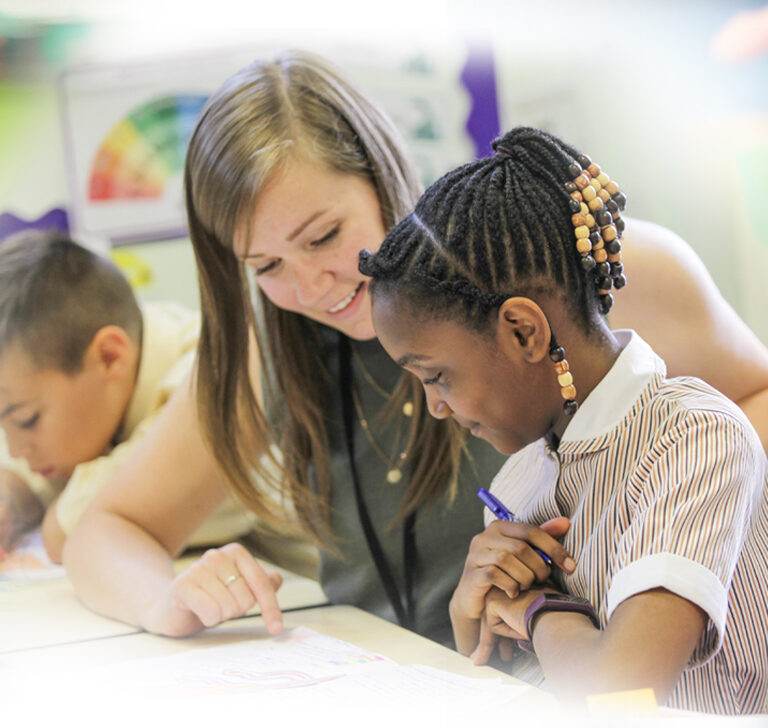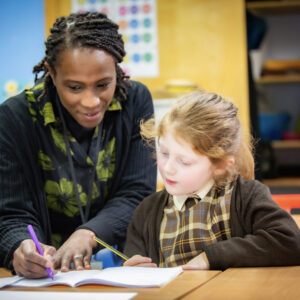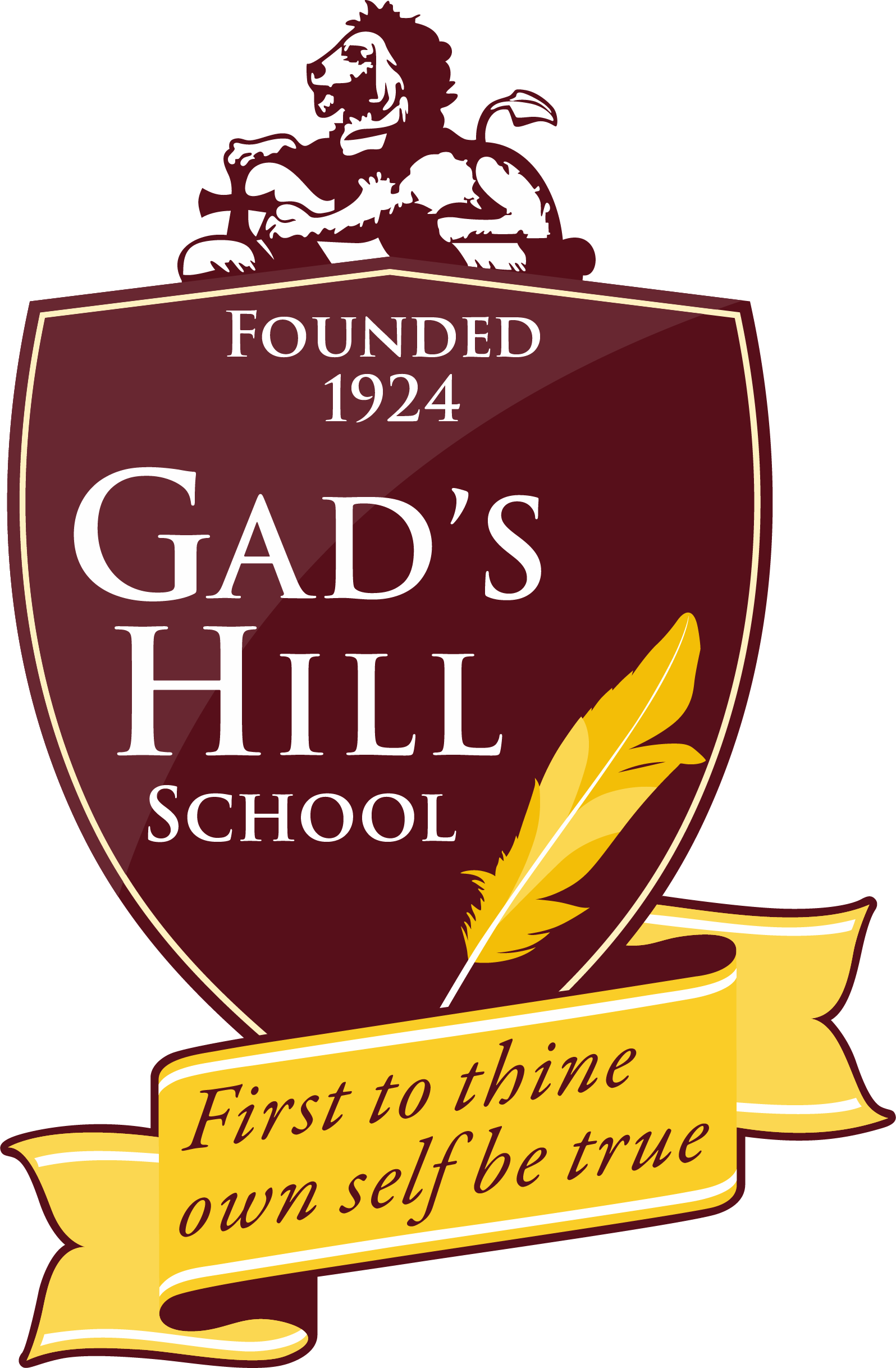
Geography
Geography is an essential part of the One Curriculum because it equips pupils with unique skills which will aid their personal and educational development. They broaden their understanding and knowledge of the world around them, becoming deeply conscious of the diversity of our planet as well as the challenges facing their and subsequent generations.
Lower School
Lower School
At Gad’s Hill, Geography is a gateway to understanding the world around us. Through our One Curriculum, children explore diverse places, cultures, and environments—starting with our local area and expanding to global contexts. Geography nurtures curiosity, critical thinking, and a sense of responsibility for the planet.
Our approach is inclusive and challenging. Lessons are carefully differentiated to meet individual needs, ensuring every child is stretched and supported. We use enquiry-based learning, encouraging pupils to ask questions, investigate, and draw conclusions—building resilience and independence.
In EYFS, geography begins with playful exploration of home, school, and community, sparking early curiosity about the world.
Progression is key. From Early Years through to Year 6, children build on prior knowledge and deepen their understanding of both physical and human geography. Skills such as map reading, interpreting data, and conducting fieldwork are introduced early and revisited regularly, growing in complexity. This ensures pupils develop confidence, accuracy, and independence in applying what they’ve learned. Alongside this, they gain a strong sense of place, environmental awareness, and global citizenship.
Enrichment is woven throughout. Pupils enjoy visits to wildlife centres, explore London’s landmarks, and engage with our local environment. We also connect with members of our community—local experts, historians, and environmental groups—to deepen understanding of our area and bring learning to life.
Geography at Gad’s Hill empowers children to see the bigger picture, preparing them to thrive in a changing world.

Upper School
Upper School
Geography is a dynamic and engaging subject that explores the relationship between people, places, and the environment. It helps students make sense of the world around them by examining both natural processes, such as climate and tectonic activity, and human systems, including population growth, urbanisation, and globalisation. At its heart, geography encourages curiosity about the Earth and an understanding of how different regions are interconnected.
Through educational visits and enquiry-based learning, students from J3 to U5th can develop a deep awareness of global challenges such as climate change, resource scarcity, migration, and sustainability. By understanding these issues, students become more informed global citizens, capable of making thoughtful and responsible decisions about the environment and society.
Geography also helps to develop a wide range of transferable skills. These include critical thinking, data analysis, interpreting maps and graphs, fieldwork techniques, problem-solving, and effective communication. Whether analysing satellite images, debating solutions to deforestation, or collecting data during educational trips, students gain hands-on experiences that enhance their understanding and confidence.
As a subject, Geography supports wider learning across the curriculum. It connects with science through environmental processes, with history through the development of human settlements, and with maths through the interpretation of data and use of statistics. It fosters literacy skills through extended writing and discussion.
Geography also opens a broad range of future pathways. Careers in environmental science, urban planning, international development, GIS (Geographic Information Systems), and education are just a few examples. Geography is a subject that helps students understand their world today, prepare for tomorrow, and develop into well-rounded, informed individuals.
Geography naturally lends itself to some brilliant fieldtrips! Most years a cohort visits Broadstairs, Kew Gardens, London Olympic Park, there is a GCSE residential at Juniper Hall, and even explored Iceland!

Lower School
At Gad’s Hill, Geography is a gateway to understanding the world around us. Through our One Curriculum, children explore diverse places, cultures, and environments—starting with our local area and expanding to global contexts. Geography nurtures curiosity, critical thinking, and a sense of responsibility for the planet.
Our approach is inclusive and challenging. Lessons are carefully differentiated to meet individual needs, ensuring every child is stretched and supported. We use enquiry-based learning, encouraging pupils to ask questions, investigate, and draw conclusions—building resilience and independence.
In EYFS, geography begins with playful exploration of home, school, and community, sparking early curiosity about the world.
Progression is key. From Early Years through to Year 6, children build on prior knowledge and deepen their understanding of both physical and human geography. Skills such as map reading, interpreting data, and conducting fieldwork are introduced early and revisited regularly, growing in complexity. This ensures pupils develop confidence, accuracy, and independence in applying what they’ve learned. Alongside this, they gain a strong sense of place, environmental awareness, and global citizenship.
Enrichment is woven throughout. Pupils enjoy visits to wildlife centres, explore London’s landmarks, and engage with our local environment. We also connect with members of our community—local experts, historians, and environmental groups—to deepen understanding of our area and bring learning to life.
Geography at Gad’s Hill empowers children to see the bigger picture, preparing them to thrive in a changing world.

Upper School
Geography is a dynamic and engaging subject that explores the relationship between people, places, and the environment. It helps students make sense of the world around them by examining both natural processes, such as climate and tectonic activity, and human systems, including population growth, urbanisation, and globalisation. At its heart, geography encourages curiosity about the Earth and an understanding of how different regions are interconnected.
Through educational visits and enquiry-based learning, students from J3 to U5th can develop a deep awareness of global challenges such as climate change, resource scarcity, migration, and sustainability. By understanding these issues, students become more informed global citizens, capable of making thoughtful and responsible decisions about the environment and society.
Geography also helps to develop a wide range of transferable skills. These include critical thinking, data analysis, interpreting maps and graphs, fieldwork techniques, problem-solving, and effective communication. Whether analysing satellite images, debating solutions to deforestation, or collecting data during educational trips, students gain hands-on experiences that enhance their understanding and confidence.
As a subject, Geography supports wider learning across the curriculum. It connects with science through environmental processes, with history through the development of human settlements, and with maths through the interpretation of data and use of statistics. It fosters literacy skills through extended writing and discussion.
Geography also opens a broad range of future pathways. Careers in environmental science, urban planning, international development, GIS (Geographic Information Systems), and education are just a few examples. Geography is a subject that helps students understand their world today, prepare for tomorrow, and develop into well-rounded, informed individuals.
Geography naturally lends itself to some brilliant fieldtrips! Most years a cohort visits Broadstairs, Kew Gardens, London Olympic Park, there is a GCSE residential at Juniper Hall, and even explored Iceland!

